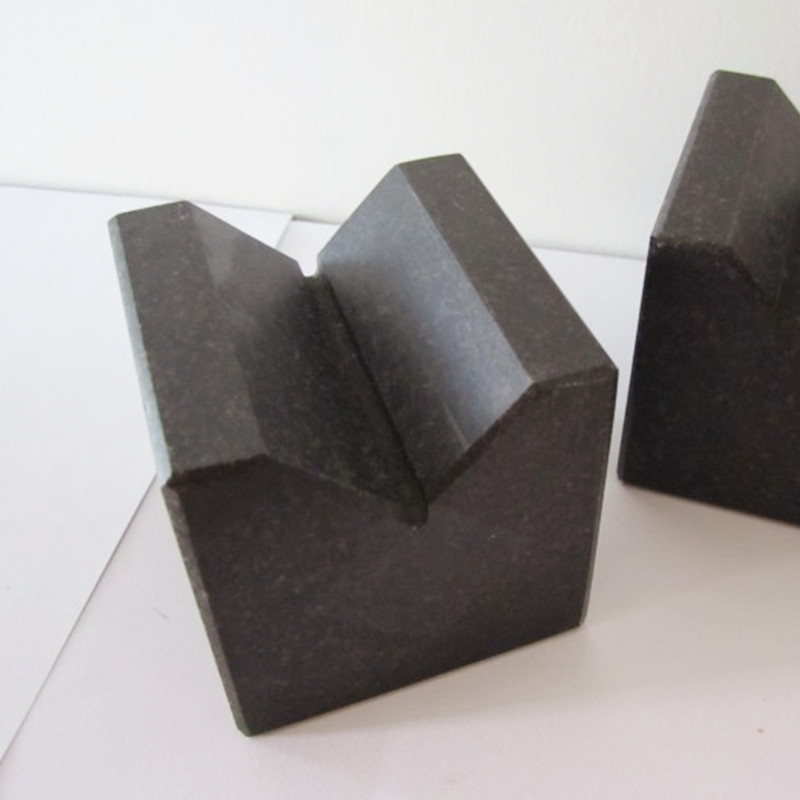Sep . 05, 2024 23:29 Back to list
High Precision Cast Iron Surface Tables for Industrial Use
The Versatility and Benefits of Cast Iron Surface Tables
Cast iron surface tables are integral tools in the fields of machining and metalworking, renowned for their accuracy, durability, and stability. These tables are specifically designed to provide a flat, stable surface for precision measurements and machining operations. The composition of cast iron, primarily made of iron, carbon, and silicon, contributes to its unique properties, making it an ideal choice for a variety of industrial applications.
One of the primary benefits of cast iron surface tables is their exceptional flatness and rigidity. Flatness is critical in machining and inspection processes; slight deviations can lead to significant errors in measurements and, consequently, in the final results of engineering projects. Cast iron surface tables are manufactured to stringent tolerances, ensuring that they meet high precision standards. This accuracy is essential for applications in industries ranging from aerospace to automotive manufacturing, where the integrity of components is of utmost importance.
Moreover, cast iron possesses excellent wear resistance. This durability enables these tables to withstand the rigors of heavy machining operations, including repeated impacts from tools and vibration from machinery. Unlike other materials, cast iron does not easily deform under stress, which means that the surface table retains its flatness over time, reducing the need for frequent recalibration or replacement. In busy production environments, this longevity translates into significant cost savings.
cast iron surface table

Another noteworthy feature of cast iron surface tables is their inherent ability to dampen vibrations. The dense nature of cast iron allows it to absorb vibrations that often occur during machining processes. Reducing these vibrations minimizes the risk of inaccuracies and improves the overall quality of the finished product. Consequently, manufacturers can achieve more consistent outcomes, ensuring higher levels of customer satisfaction.
Cast iron surface tables also offer flexibility in their applications. They can be used for a wide range of tasks, including supporting workpieces during machining, facilitating inspection processes, and serving as a base for other tools and fixtures. The versatility of these tables makes them invaluable in workshop environments, where adaptability is crucial.
Furthermore, the maintenance of cast iron surface tables is relatively straightforward. While they should be regularly cleaned to prevent rust and contamination, their robust material allows them to withstand various cleaning methods without degrading. Users can apply protective coatings to enhance their resistance to corrosion, ensuring that these tables remain functional and reliable over the long term.
In conclusion, cast iron surface tables are essential components in precision machining and inspection. With their impressive flatness, durability, vibration dampening capabilities, and versatility, they stand out as a superior choice for industries requiring meticulous accuracy. Investing in high-quality cast iron surface tables can lead to improved efficiency, reduced costs, and ultimately, enhanced product quality, making them an essential tool for professionals in the field.
-
Flanged Gate Valve: A Reliable Choice for Industrial and Municipal SystemsNewsAug.20,2025
-
Soft Seal Gate Valve: A Modern Solution for Reliable Pipeline ControlNewsAug.20,2025
-
Gate Valve Types: Understanding the Options for Your Pipeline SystemsNewsAug.20,2025
-
Y Type Strainer: Essential for Clean and Efficient Flow SystemsNewsAug.20,2025
-
Cast Iron Y Strainer: Durable Solutions for Demanding ApplicationsNewsAug.20,2025
-
Flanged Y Strainer: An Essential Component in Industrial Filtration SystemsNewsAug.20,2025
Related PRODUCTS









